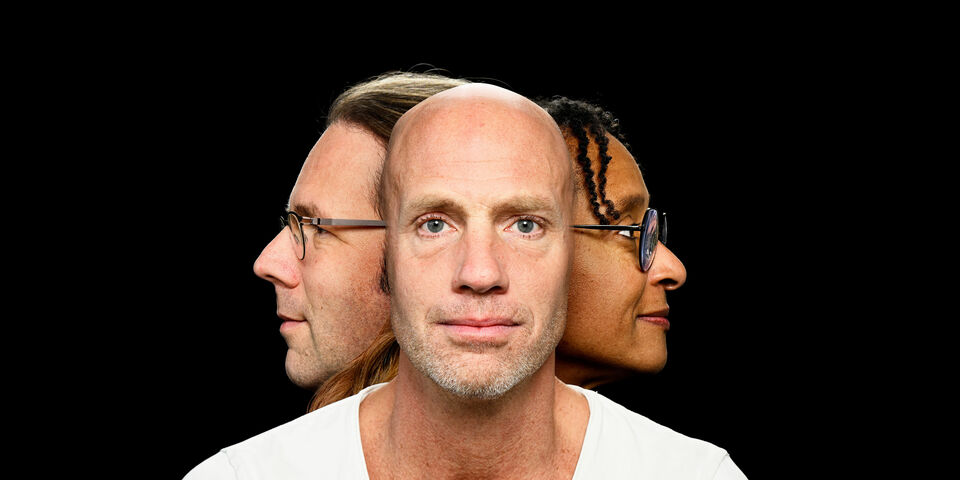BFF | The amount of trash coming to us via the media is almost infinite
News media exert a growing influence on our lives. The quality of many media reports is questionable at best, which is why engineers are advised to concentrate on source data.
When I was growing up, my dad would read the paper and we’d tune in for the eight o’clock news every night. One or our neighbors had a subscription to Elsevier magazine, which he would hand down to my parents so they could read it the following week. The hair salon – we’re talking a long time ago for yours truly – would have the latest tabloids and in the morning my parents would be woken up by the clock radio.
Even though the bulk of our lives was free of media back then, I don’t feel like information provision was much better forty years ago. My grandpa, for instance, went on a hunger strike at an advanced age, having been convinced by an iridologist that he would die in the near future. This prediction didn’t come true, which meant he spent the last years of his life severely debilitated.
However, we were all rooted much more strongly in reality – as opposed to virtual reality – so bad information had less of an impact on us. Nowadays, we spend most of our lives gathering information. And the amount of content is almost endless and very diverse, varying from daily concerns of people we don’t have a personal relationship with to embarrassing videos by communication departments of serious (or at one time serious) organizations.
The amount of trash coming to us via all kinds of media is infinite these days. As a result, journalists and politicians are constantly warning us about misinformation, disinformation, and malinformation. Not that I’d be able to explain the difference. But when a politician or journalist reports on my field – or another topic I have some knowledge about – it puts a frown on my face. And then I realize that the quality of reports on topics I don’t know anything about must be of the same questionable level.
Maybe we should try to teach ourselves to be less dependent on interpretations and reports by third parties, and to enjoy studying source data. An attitude like that is obviously beneficial to engineers. But given the rapid – and in my opinion worrying – development of artificial intelligence, I’d say it generally makes sense to focus more on reality and the direct environment. And to add a final thought, it’s also wise not to take analyses by columnists too seriously.
Willem Mulder is a Professor of Precision Medicine at TU/e. The views expressed in this column are his own.


Discussion